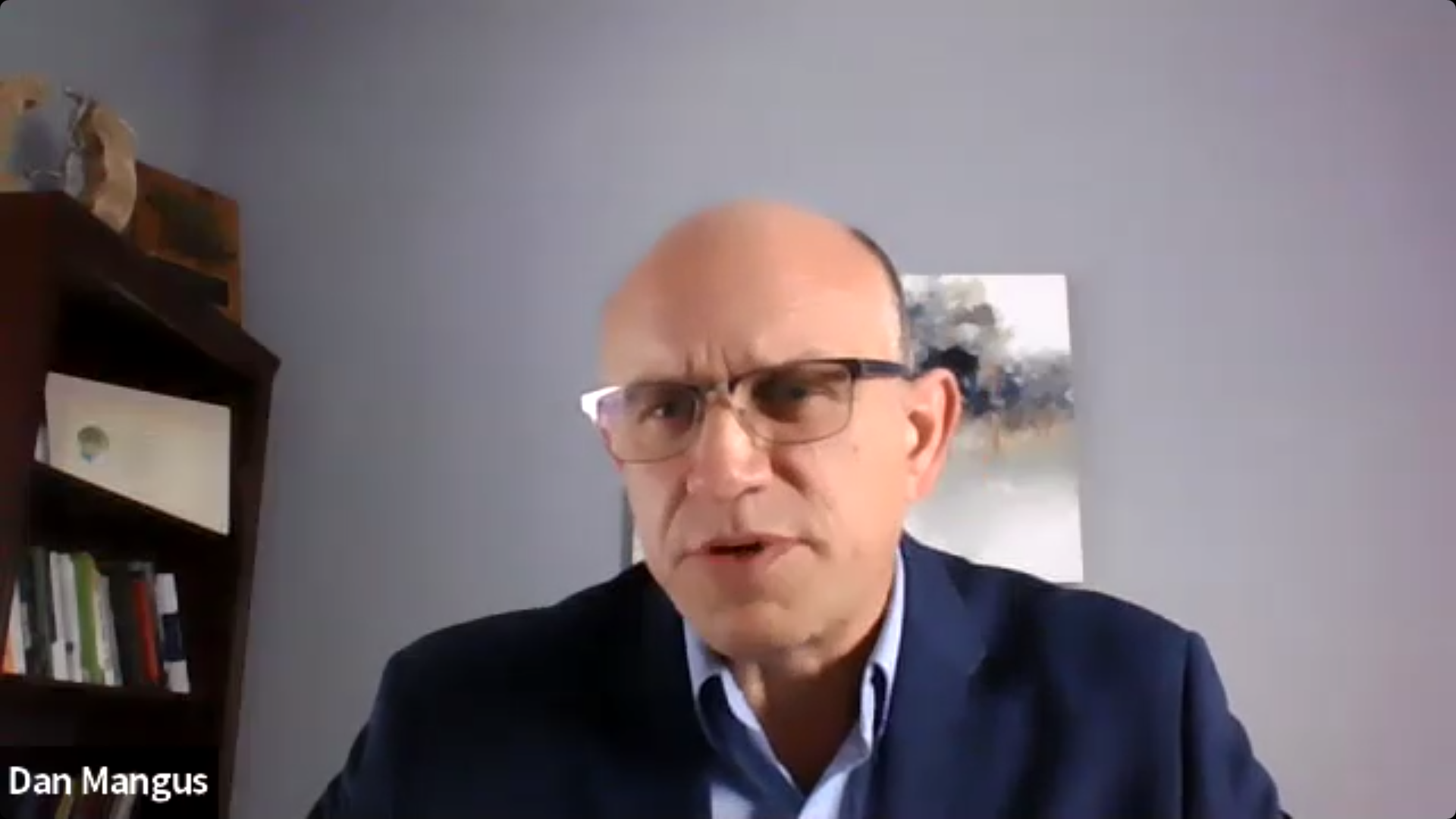Here are some of the words the dictionary uses to define malpractice: improper, illegal, or negligent professional activity or treatment, especially by a medical practitioner.
And here are some of the synonyms for malpractice: wrongdoing · dereliction of duty. professional misconduct · breach of ethics · unprofessional behavior · unprofessionalism · unethical behavior · negligence · carelessness · incompetence.
Most of us would never be associated with any of these actions, but what about negligence, dereliction of duty?
The question that serves as the title of this article revolves around an article that Jamie Hopkins wrote for Investment News in 2018. Hopkins writes that not doing something can be as harmful as doing something wrong.
It is possible to commit malpractice because of an error of omission— not doing something that could have been done to help a client or to make sure a client avoids a negative outcome.
In the article, Hopkins clearly lays out the fact that it is dangerous to avoid using reverse mortgages and home equity in planning for retirement. Here is the quote from his article:
“In my opinion, not including home equity and reverse mortgages in the financial planning process is the largest failure of the financial services profession at this time.”
No one wants to be part of a failure, but many of us in the mortgage industry and the financial planning industry are part of that failure because we don’t talk to each other and work together in our planning. That is the central issue behind the decision for Fairway Independent Mortgage Corp’s 8,000 employees and NAIFA’s 25,000 members to work together.
We want to change the way retirement is done in this country. We believe it will be accomplished by our two industries talking to each other as we touch our borrowers and our clients together with cutting-edge research and education that will create new retirement strategies.
The home office of Fairway Reverse Mortgage is in Marshfield, Wisconsin. It is in the historic building where the Marshfield Clinic started over 100 years ago, with 4 doctors who worked together in different specialties for the benefit of their patients. Today, there are over 1,000 physicians who practice in about 90 specialties.
If two or three doctors who are caring for a patient don’t talk to each other or compare notes, this would be considered malpractice. You would be upset if you or a loved one was under doctors’ care and the doctors did not talk to one another about the treatment they were using or the medicine they were prescribing.
So why should it be different when two or three financial specialists work together on a client’s financial plan? It is normal for most financial professionals to work on a client’s plan and not even reach out or collaborate with the other professional-- whether they are doing refinancing, a Roth conversion, a retirement plan, tax planning, or any other fundamental changes and financial restructuring.
These recommendations and decisions dramatically affect the client for years to come, and while they are not life and death decisions like the ones doctors make, they still have dramatic long-term effects. A client’s financial well-being and ability to live comfortably until the end of life are a direct result of the advice given decades before.
Fairway’s method
At Fairway, we explain that every client has three buckets of wealth. Bucket 1 is their ability to make money and create income. Bucket 2 is their Nest Egg money—the savings they have put away for the future and what is typically managed by financial professionals. The third bucket is their home and the equity that they have created by paying into a mortgage for most of their lives.
What is done in each of these three buckets directly influences every decision that is made in the other buckets and should never be done in isolation. Most people don’t realize that people over the age of 62 have amassed over $7 Trillion in home equity, which is completely illiquid.
Over 40% of people over the age of 62 are still making mortgage payments and most of them would be better off directing that money into Bucket 2, based on the conclusive research done by Dr. Wade Pfau, Barry Sacks and others in the financial planning world.
The more resources that are used to pay off a house means there is less money for long-term care and life insurance, annuities and liquid assets under management. This often undermines cash flow, legacy and net worth later in life. If mortgage professionals and financial advisors would work together using the new research, these funds could be redirected into the most effective and profitable places, which would make a true difference for thousands of people during retirement.
This is how Hopkins explains it in the article cited previously:
Financial services professionals are here to serve clients and make their lives better. Advisers who believe that they act in the best interest of their clients need to consider including home equity and, consequently, reverse mortgages into their practices when doing retirement income planning. A best-interest model requires the adviser to review those factors that might reasonably impact any recommendation.
The home, a potential reverse mortgage or an existing forward mortgage are clearly factors that need to be considered when reviewing a client’s financial plan. While many advisers do review the existing mortgage and perhaps recommend refinancing, this is usually where the advice stops — leaving a wide range of factors affecting the client’s situation unexplored.
The reality is that the home is too large an asset to be ignored when doing financial planning. For many clients, it is going to be their largest asset. Furthermore, from a cash flow perspective when doing retirement income planning, an existing mortgage payment or a coordinated reverse mortgage could represent the largest cash flow items for a retiree.

Fairway Independent Mortgage Corporation and its 600-plus offices want to change that by working with NAIFA and financial and insurance professionals. From a national perspective, we will provide education and up-to-date research and advice from top experts in taxation, retirement, legal and financial planning topics.
At the grassroots level, we will expose our borrowers to the most educated and ethical financial advisors working in the same communities in which our offices are. We will make all of our trained traditional and reverse mortgage planners available to the financial advisor clients so that mortgages and home equity can become an integral part of EVERY plan.
Together, we can change the way financial planning and retirement planning are done in this country.












-CMYK.png?width=200&name=LifeSecureLogo(F)-CMYK.png)



%20.png?width=148&height=55&name=b.%20RSSA_Logo_(R)%20.png)


